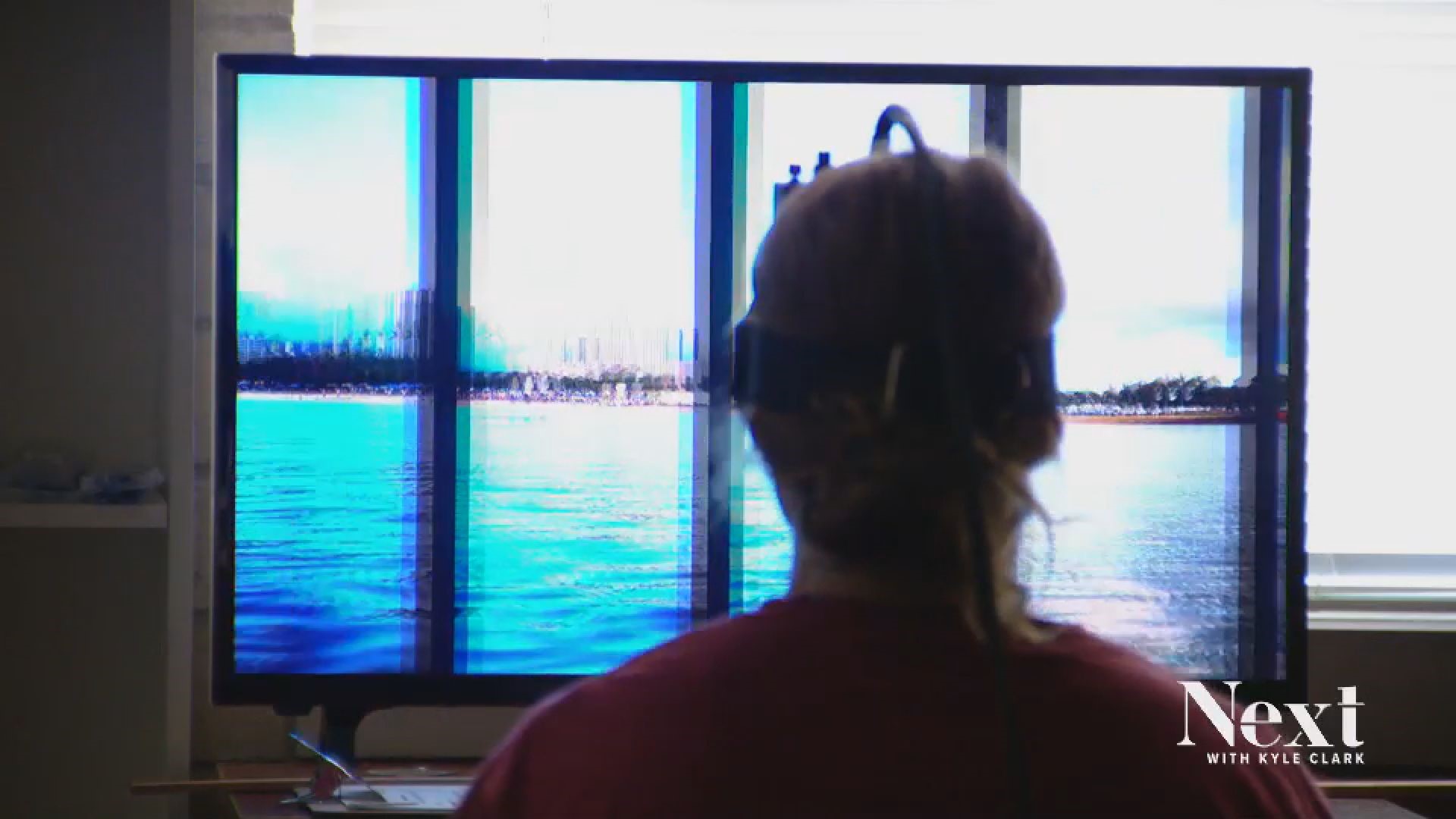DENVER — Researchers at the University of Denver (DU) are trying to expand what we know about long COVID with the help of what they already know about head injuries.
A recent study from the Centers for Disease Control and Prevention indicates one in five people may suffer from long COVID, meaning symptoms persist well after a person sheds the virus. That could mean lasting brain fog, shortness of breath, loss of taste, fatigue, cardiovascular complications and even mental health impacts.
Building on six years of concussion analysis, a team of DU students and faculty researchers hopes to better understand and ultimately create treatments for long COVID.
“We think about COVID in the acute phase, but long COVID looks really different,” Bradley Davidson, director of DU’s Human Dynamics Lab and an associate professor in the university’s Ritchie School of Engineering and Computer Science, said in a press release.
“If you list out the symptoms for post-concussive syndrome and you list out the expanding list of symptoms for long COVID, there is a pretty significant overlap.”
The team wants to find out what it is about COVID that causes long-term neurological effects and look for ways to stymie its impact. They also hypothesize people who have suffered a brain injury may be more susceptible to long COVID.
“One reason I am passionate about our concussion research and now the COVID research is because benign neglect is how our medical establishment has traditionally dealt with both conditions,” Davidson said. “What treatment did patients get when they had COVID? Stay at home, rest, and stay away from everyone. I didn't think that is satisfactory. Unfortunately, with long COVID, we are seeing that, too. Let’s neglect it because there is really nothing we can do. Our work is built on the fact that this treatment model just isn't good enough for concussions or long COVID.”
To conduct this research, DU is looking for people willing to participate in the studies -- people with long COVID and people without, and people who have a history of concussion without COVID, people with a history of concussions who have had COVID and people who fall into both categories.
This study has the attention of groups even beyond the medical community, like the Department of Defense and Department of Veterans Affairs.
Long COVID can affect "force readiness," according to the federally-funded research center MITRE, meaning an affected group of military personnel might be less capable of responding to orders if given.
Locally, High Definition Physical Therapy, which helps with concussive treatment, is working with DU on this research.
If you are interested in participating in the studies, email DenverLongCOVIDStudy@gmail.com for more information.
SUGGESTED VIDEOS: Full Episodes of Next with Kyle Clark

